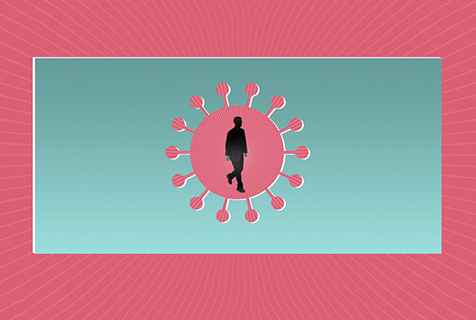By LAURA UNGAR
AP – Why are so many vaccinated people getting COVID-19 lately?
A couple of factors are at play, starting with the emergence of the highly contagious omicron variant. Omicron is more likely to infect people, even if it doesn’t make them very sick, and its surge coincided with the holiday travel season in many places.
People might mistakenly think the COVID-19 vaccines will completely block infection, but the shots are mainly designed to prevent severe illness, says Louis Mansky, a virus researcher at the University of Minnesota.
And the vaccines are still doing their job on that front, particularly for people who’ve gotten boosters.
Two doses of the Pfizer-BioNTech or Moderna vaccines or one dose of the Johnson & Johnson vaccine still offer strong protection against serious illness from omicron. While those initial doses aren’t very good at blocking omicron infection, boosters — particularly with the Pfizer and Moderna vaccines — rev up levels of the antibodies to help fend off infection.
Omicron appears to replicate much more efficiently than previous variants. And if infected people have high virus loads, there’s a greater likelihood they’ll pass it on to others, especially the unvaccinated. Vaccinated people who get the virus are more likely to have mild symptoms, if any, since the shots trigger multiple defenses in your immune system, making it much more difficult for omicron to slip past them all.
Advice for staying safe hasn’t changed. Doctors say to wear masks indoors, avoid crowds and get vaccinated and boosted. Even though the shots won’t always keep you from catching the virus, they’ll make it much more likely you stay alive and out of the hospital.
___
The AP is answering your questions about the coronavirus in this series. Submit them at: FactCheck@AP.org. Read more here:
Do at-home COVID-19 tests detect the omicron variant?




